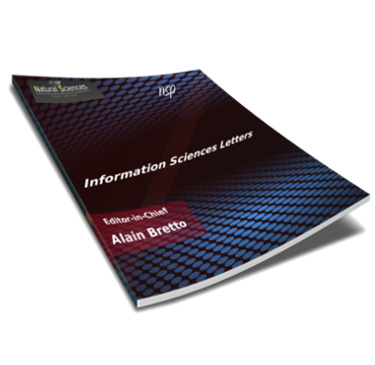
Information Sciences Letters
Abstract
This study aims to explore the assessment process that labels the language abilities of students even before they begin their first year of undergraduate education at the University. The study was conducted in three ways: first, enumerating stances in the literature that demonstrate how institutionalized labels as a result of the assessment can lead to conflicting identities in students, especially in higher education; secondly, presenting qualitative data on assessment practices and their relationship in instilling a contradictory, deficit writer identity in students. Thirdly, arguing that assessment which labels students affect learner motivation and writer confidence of students ultimately creating negativity associated with the composition class. The study used a qualitative approach by interview as an instrument of study. Data was collected from the participants (n = 56) and analyzed via the coding technique. The results of the study indicated that assessment practices that label students contrary to existing perceptions of their language abilities lead to demotivation and lack of interest in writing classes for the first-year undergraduate. In light of this, we can consider the use of multiple instruments rather than a single standardized test as the preferred method in determining the placement of students in the appropriate writing course. Moreover, by gaining insight from the student’s perspective, ‘social justice and ‘inclusion’ can become a norm in the writing classroom. As instructors, we have a responsibility to promote effective and comfortable learning environments, and ongoing classroom research is the best way to advocate this.
Recommended Citation
Binti Mohd Ismail, Tizreena and Rajeh Alsalhi, Najeh
(2022)
"Language Assessment and Writer Identity in Higher Education: A Qualitative Analysis of Labeling Learners through Placement Tests,"
Information Sciences Letters: Vol. 11
:
Iss.
2
, PP -.
Available at:
https://digitalcommons.aaru.edu.jo/isl/vol11/iss2/12

